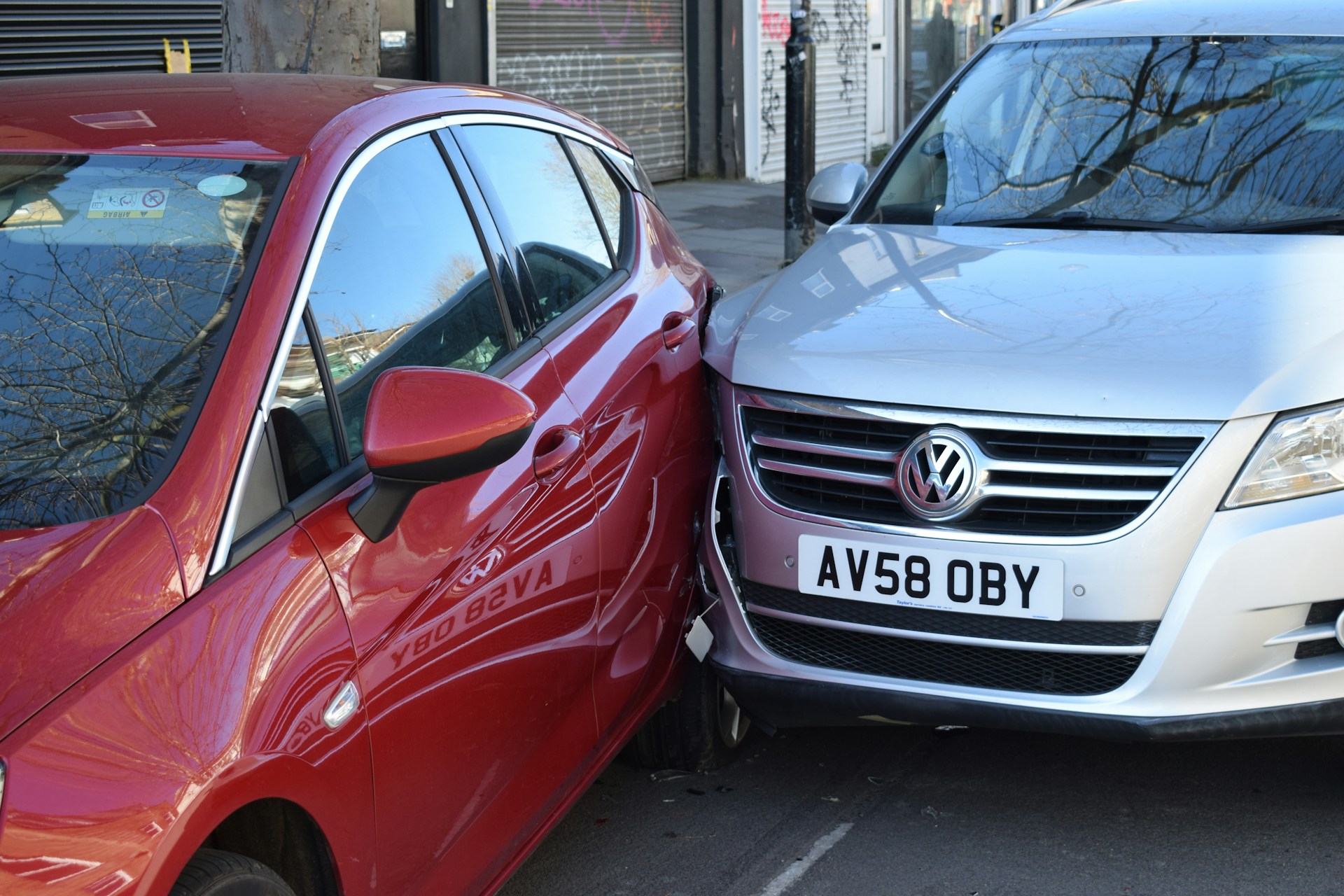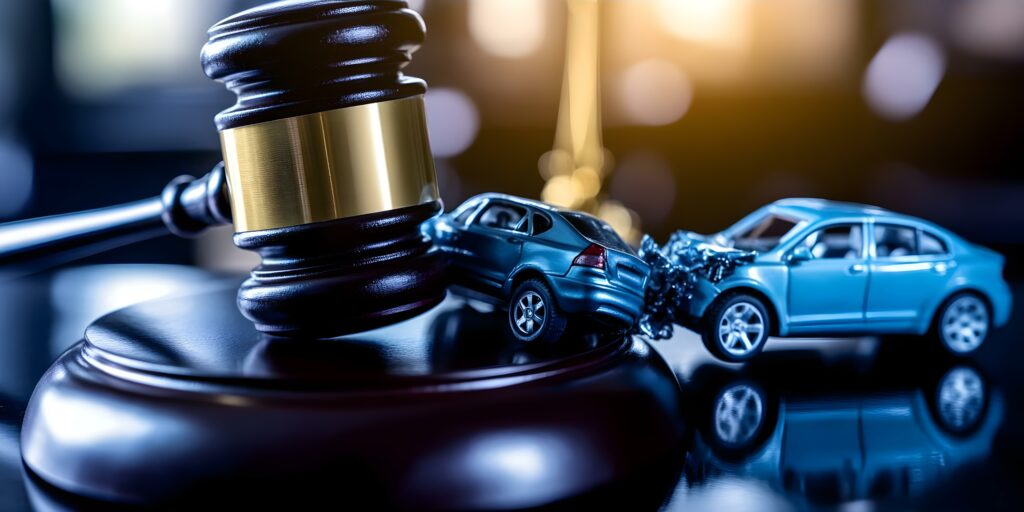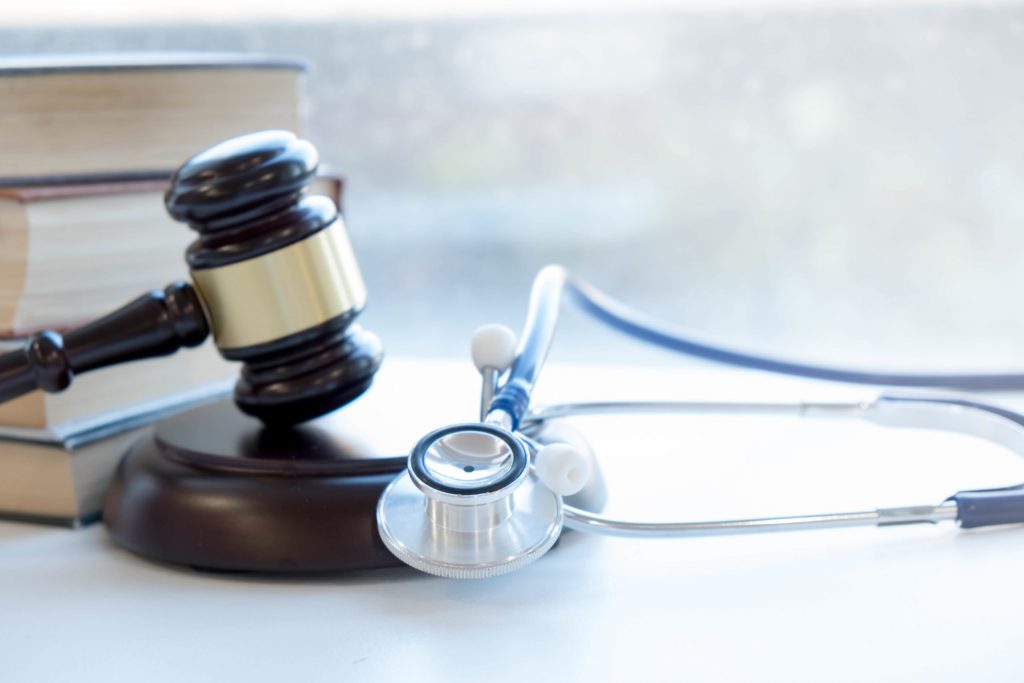Now Reading: Navigating Minor Car Accidents: A Complete Guide
-
01
Navigating Minor Car Accidents: A Complete Guide

Navigating Minor Car Accidents: A Complete Guide
The sound of crunching metal and plastic, even in a minor fender bender, can trigger immediate anxiety. Among the first questions many drivers ask themselves is: “Do I need a lawyer for this?” For truly minor accidents—those with minimal damage, no injuries, and cooperative parties—legal representation is typically unnecessary and may cost more than the claim itself. However, knowing when a minor accident might benefit from legal counsel can save significant headaches later on.
Understanding how to properly handle even small collisions can make the difference between a simple inconvenience and a prolonged ordeal. This comprehensive guide walks you through the essential steps to take following a minor car accident, helping you navigate the situation with confidence and clarity.
Immediate Actions at the Scene
Your actions in the first minutes after a collision set the tone for the entire claims process. Follow these steps to ensure you’re protected:
1. Ensure Safety First
Even minor accidents can create hazardous situations. If possible, move vehicles out of traffic to a safe location like a shoulder or parking lot. Turn on hazard lights to alert other drivers. If vehicles cannot be moved safely, leave them in place and move yourself to a protected area.
2. Check for Injuries
What seems minor can sometimes mask injuries. Adrenaline can temporarily block pain, so assess yourself and others for any potential injuries. When in doubt, seek medical attention—some injuries like whiplash may not be immediately apparent.
3. Call the Police
Many drivers question whether to involve police in minor accidents. While some jurisdictions won’t dispatch officers for non-injury accidents, having an official police report can be invaluable for insurance claims. If police don’t respond, many departments allow you to file an accident report at the station or online within a few days.
4. Exchange Information Thoroughly
Collect comprehensive information from all parties involved:
- Full names and contact information
- Insurance company and policy numbers
- Driver’s license numbers
- License plate numbers
- Vehicle makes, models, and years
- Location of the accident
Don’t rely on verbal agreements or handwritten notes without proper identification. Too many drivers have later discovered the information they received was incomplete or inaccurate.
5. Document Everything
In the age of smartphones, thorough documentation is easier than ever:
- Photograph all vehicles from multiple angles, focusing on damaged areas
- Capture the overall accident scene, including road conditions and relevant traffic signs
- Take pictures of insurance cards and driver’s licenses to ensure accuracy
- Note the time, weather conditions, and any relevant factors like construction zones
6. Find Witnesses
Independent witnesses can be crucial if accounts of the accident differ later. Collect contact information from any bystanders who saw what happened. Their unbiased perspective can help establish fault if disputes arise.
Navigating Insurance Claims
Once you’ve left the scene, the claims process begins. Here’s how to handle it efficiently:
1. Report Promptly
Contact your insurance company as soon as possible, regardless of fault. Most policies require prompt reporting, and delays can complicate the claims process. Provide the basic facts without elaboration or admission of fault.
2. Understand Your Coverage
Review your policy to understand what’s covered:
- Collision coverage pays for repairs to your vehicle regardless of fault
- Liability coverage handles damage you cause to others
- Uninsured/underinsured motorist coverage protects you if the other driver lacks adequate insurance
Knowing your deductibles and coverage limits helps set realistic expectations for out-of-pocket costs.
3. Get Multiple Repair Estimates
Insurance companies often have preferred repair shops, but you generally have the right to choose where your vehicle is repaired. Getting multiple estimates can help ensure fair compensation and quality repairs. Significant discrepancies between estimates may indicate the need for further investigation.
4. Consider the Claim’s Impact
Filing a claim for very minor damage might not be worth the potential premium increase. If repair costs are slightly above your deductible, calculating the long-term cost of increased premiums versus paying out-of-pocket deserves consideration.
5. Document All Communications
Keep records of all interactions with insurance companies, including:
- Representative names and direct contact information
- Dates and times of conversations
- Summaries of what was discussed
- Claim numbers and other reference information
Follow up important conversations with email summaries to create a paper trail.
When to Consider Legal Advice
While most minor accidents don’t require attorneys, certain situations warrant at least a consultation:
1. Disputed Fault
If the other driver’s insurance company denies liability despite clear evidence of their fault, an attorney can help present your case effectively.
2. Delayed Injury Symptoms
Some injuries don’t manifest immediately. If you develop symptoms days after an accident, legal advice can help protect your rights to compensation as the claim becomes more complex.
3. Significant Property Damage
What initially seemed minor might involve structural damage to your vehicle. If repair estimates significantly exceed initial assessments, professional guidance may be beneficial.
4. Insurance Company Tactics
If you encounter delay tactics, pressure to accept low settlements, or outright denial of legitimate claims, an attorney familiar with insurance practices can level the playing field.
Many personal injury attorneys offer free initial consultations, making it possible to understand your options without financial commitment.
Preventing Future Minor Accidents
Each accident provides learning opportunities to improve driving safety:
1. Maintain Proper Following Distance
The three-second rule (maintaining at least three seconds of distance between you and the vehicle ahead) provides crucial reaction time to avoid rear-end collisions, the most common type of minor accident.
2. Eliminate Distractions
Even momentary distractions can cause fender benders. Commit to keeping phones out of reach, programming navigation before driving, and adjusting vehicle controls when stopped.
3. Practice Defensive Driving
Anticipate potential hazards by scanning the road ahead, checking blind spots regularly, and being particularly vigilant in high-risk areas like parking lots and intersections.
4. Regular Vehicle Maintenance
Properly functioning brakes, tires, and lights help prevent accidents. Don’t overlook maintenance schedules or warning indicators that could compromise your vehicle’s safety systems.
Financial Considerations Beyond Insurance
Minor accidents can have financial implications beyond immediate repairs:
1. Diminished Value Claims
Even after proper repairs, a vehicle with an accident history may be worth less on the resale market. In some states, you can file a “diminished value” claim to recover this difference, especially for newer vehicles.
2. Rental Car Coverage
If your vehicle needs repairs, understand whether your policy includes rental car coverage and its limitations. Temporary transportation costs can add up quickly if repairs take more than a few days.
3. Medical Expenses Documentation
Even for minor injuries, maintain thorough records of all medical visits, treatments, medications, and related expenses. This documentation becomes crucial if symptoms worsen over time.
Moving Forward
The psychological impact of even minor accidents shouldn’t be underestimated. Many drivers experience increased anxiety, particularly when driving near the accident location or in similar conditions. Allow yourself time to rebuild confidence, perhaps by initially avoiding high-stress driving situations like rush hour or inclement weather.
Consider whether advanced driving courses might help restore confidence while improving skills. Many insurance companies offer discounts for completion of defensive driving programs, providing both safety benefits and potential premium reduction.
Conclusion
Minor car accidents, while stressful, are manageable with a systematic approach. By understanding the proper steps to take at the scene, navigating insurance claims effectively, knowing when legal consultation might be beneficial, and learning from the experience, you can minimize the disruption to your life and finances.
Remember that while most minor accidents don’t require legal representation, the definition of “minor” can evolve as circumstances change. Trust your instincts—if something feels wrong with how your claim is being handled, seeking professional advice early can prevent larger problems later. The goal is not just resolving the immediate situation but ensuring that a minor accident remains truly minor in its overall impact on your life.










